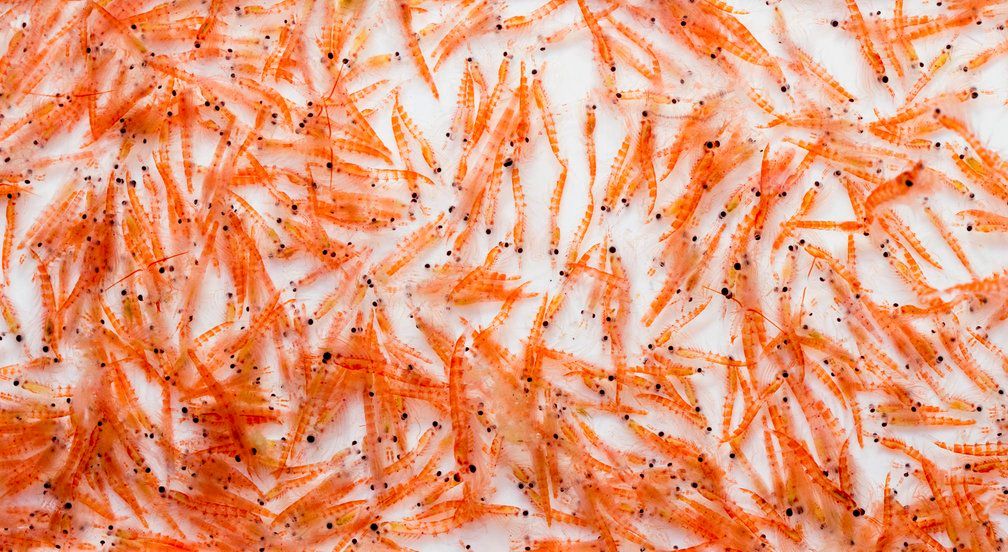Krill Oil Offers Higher Omega-3 Bioavailability than Fish Oil, Krill Meal, Study Suggests
The idea that krill oil has higher bioavailability than fish oil may be true, but new research suggests we need a different theory to explain why.

The idea that krill oil has higher bioavailability than fish oil may be true, but new research suggests we need a different theory to explain why.
Researchers in Finland recently compared the bioavailability of omega-3 fatty acids eicosapentaenoic acid (EPA) and docosahexaenoic acid (DHA) from krill oil, krill meal, and fish oil in a study of 15 people aged 18-65. In past studies, krill oil has been found to have higher bioavailability than fish oil, but little was known on the EPA and DHA bioavailability of krill meal, according to researchers.
Study Details
The randomized, single-dose, single-blind, cross-over, active-reference trial involved each participant ingesting krill oil, krill meal, and fish oil on three separate occasions, followed by regular blood tests for the following 72 hours. Each of the treatments contained approximately 1700 mg EPA and DHA, and the treatments were administered at least 13 days apart from one another.
The blood tests were taken 20 minutes before each treatment, as well as at 2, 4, 6, 8, 12, 24-25, 48-50, and 72-74 hours thereafter. Blood was analyzed for fatty acid compositions of plasma triglycerides and phospholipids.
By comparing the 72-hour incremental area under the curve (iAUC) of EPA and DHA in plasma phospholipid fatty acids, the researchers found that “EPA and DHA in krill oil had a higher 72-hour bioavailability than in krill meal or fish oil.”
Challenging a Theory?
These findings seem to challenge a previous interpretation of why krill oil has higher bioavailability of EPA and DHA than fish oil. In earlier studies, researchers speculated that the different chemical composition of phosopholipids, free fatty acids, and triglycerides in krill oil and fish oil accounted for the difference in bioavailability. But the finding that krill meal showed comparable bioavailability to fish oil works against this interpretation since “the fat in krill oil and krill meal is identical,” wrote the researchers.
Or, to put it another way, if the different fat compositions are to blame for krill oil’s higher bioavailability than fish oil, then how could a treatment with the same fat composition as krill oil-krill meal-still have the lowered bioavailability of fish oil? Researchers hypothesized that “differences in the food matrix seem to be responsible,” but conceded that they could not provide an explanation for the mechanism at work.
“These intriguing results will be followed up in new clinical trials which are targeting longer-term parameters of omega-3 fatty acid bioavailability,” said Inge Bruheim, PhD, one author of the study and research director at Olympic Seafood AS (Fosnavaag, Norway). Olympic Seafood AS sponsored the study and supplied the Rimfrost brand krill ingredients that participants ingested.
Kohler A et al. “Bioavailability of fatty acids from krill oil, krill meal and fish oil in health subjects-a randomized, single-dose, cross-over trial.” Lipids in Health and Disease, vol. 14 (March 2015): 19.
Read more:
Why Krill Oil Is More Stable than Fish Oil
Krill Oil May Help Boost Lutein Absorption, Company Claims
Fish Egg Phospholipids Are a Better Alternative to Krill Oil, One Company Says
Michael Crane
Associate Editor
Nutritional Outlook magazine
michael.crane@ubm.com
Photo © iStockphoto.com/Tenedos